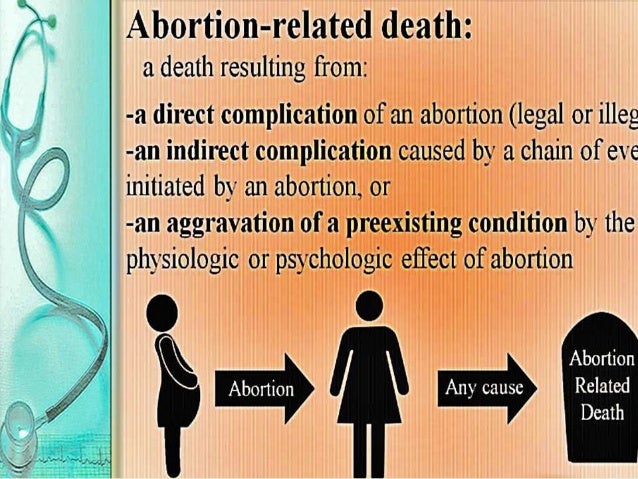
The following nonprescription or herbal products may interact with mifepristone: aspirin, St.Your doctor may need to change the doses of your medications or monitor you carefully for side effects. tell your doctor what other prescription and nonprescription medications, vitamins, and nutritional supplements you are taking.

Before starting, stopping, or changing any medications while taking mifepristone, please get the advice of your healthcare provider doctor or pharmacist. Make sure you have discussed any medications you are currently taking or plan to take before taking mifepristone with your doctor and pharmacist. Some medications should not be taken with mifepristone.Ask your pharmacist or check the Medication Guide for a list of the ingredients. tell your doctor if you are allergic to mifepristone (hives, rash, itching, swelling of the face, eyes, mouth, throat, hands difficulty breathing or swallowing) misoprostol (Cytotec, in Arthrotec) other prostaglandins such as alprostadil (Caverject, Edex, Muse, others), bimatoprost (Durysta, Latisse, Lumican), carboprost tromethamine (Hemabate), dinoprostone (Cervidil, Prepidil, Prostin E2), epoprostenol (Flolan, Veletri), latanoprost (Iyuzeh, Xalatan, Xelpros, in Rocklatan, others), latanoprostene bunod (Vyzulta), tafluprost (Zioptan), travoprost (Travatan Z), treprostinil (Orenitram, Remodulin, Tyvaso) any other medications, or any of the ingredients in mifepristone tablets.Talk to your doctor about the risks of taking mifepristone. These appointments are necessary to be sure that your pregnancy has ended and that you have not developed serious complications of medical abortion. Tell your doctor if you do not think that you will be able to follow this plan or to get medical treatment quickly in an emergency during the first two weeks after you take mifepristone. Talk to your doctor and decide whom to call and what to do in case of an emergency after taking mifepristone. Tell your doctor if you have questions about treatment with mifepristone or if you cannot follow the guidelines in the patient agreement. You will also need to sign a patient agreement before taking mifepristone. You can only receive the medication from a doctor or a pharmacy that participates in the program. Your doctor will give you the manufacturer's patient information sheet (Medication Guide) to read before you begin treatment with mifepristone. A program under called the mifepristone Risk Evaluation and Mitigation Strategies (REMS) Program has been set up for all female patients who are prescribed mifepristone. You should also call your doctor immediately or get emergency medical treatment if you have general symptoms of illness such as weakness, nausea, vomiting, diarrhea, or feeling sick for more than 24 hours after taking mifepristone even if you do not have a fever or pain in the area below your waist.īecause of the risks of serious complications, mifepristone is available only through a restricted program. You should call your doctor immediately or get emergency medical treatment if you experience any of the following symptoms: fever greater than 100.4 ☏ (38 ☌) that lasts for more than 4 hours, severe pain or tenderness in the area below the waist, chills, fast heartbeat, or fainting. If you develop a serious infection, you may not have many symptoms and your symptoms may not be very severe. It is not known if mifepristone and/or misoprostol caused these infections or deaths. A small number of patients died due to infections that they developed after they used mifepristone and misoprostol to end their pregnancies. Serious or life threatening infections may occur when a pregnancy is ended by miscarriage or by medical or surgical abortion. If you experience very heavy vaginal bleeding, such as soaking through two thick full-size sanitary pads every hour for two continuous hours, call your doctor immediately or seek emergency medical care. If so, your doctor will probably tell you not to take mifepristone.

Tell your doctor and pharmacist if you are taking medications that may cause bleeding including anticoagulants (blood thinners) such as warfarin (Coumadin, Jantoven) heparin or other medications to treat or prevent blood clots. Tell your doctor if you have or have ever had bleeding problems or anemia (less than normal number of red blood cells). It is not known if taking mifepristone increases the risk that you will experience very heavy bleeding.

Serious or life-threatening vaginal bleeding may occur when a pregnancy is ended by miscarriage or by medical or surgical abortion.


 0 kommentar(er)
0 kommentar(er)
